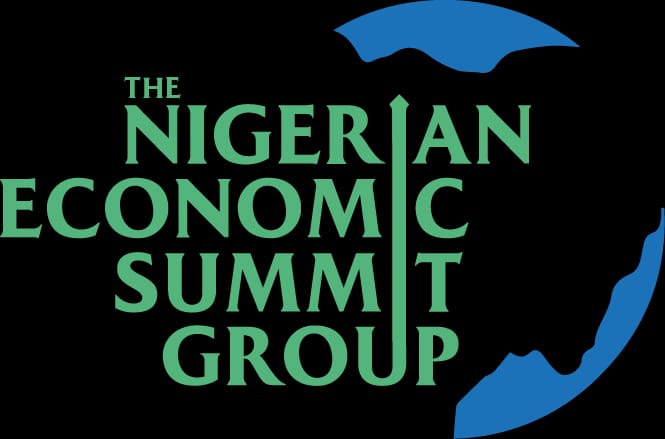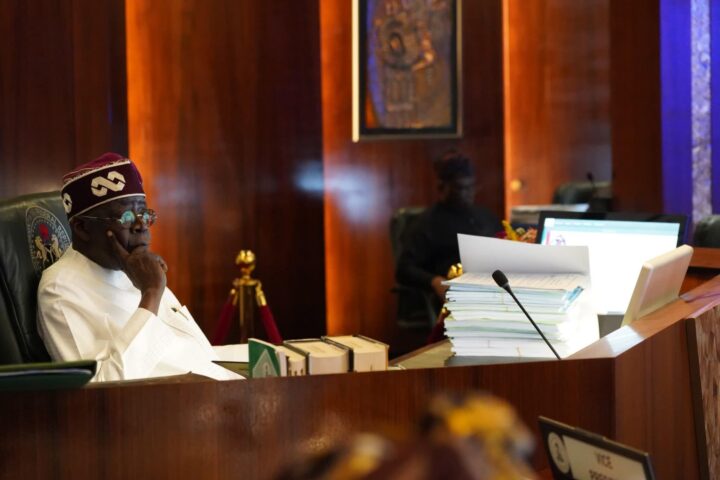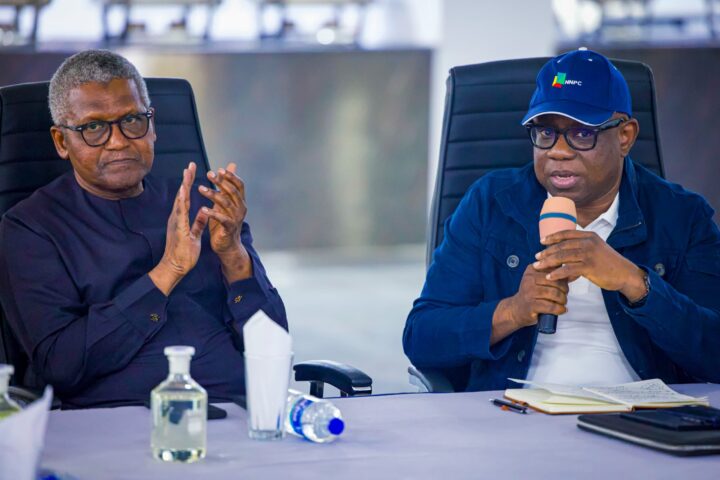Building infrastructure for competitiveness is a cornerstone of sustainable development in Nigeria,the Nigerian Economic Summit Group(NESG),has said.
The group emphasized this in a statement on Wednesday issued by Ms. Ayanyinka Ayanlowo, Acting Head, Strategic Communication and Advocacy.
With the 31st Nigerian Economic Summit (NES #31) approaching on October 6–8, 2025, the conversation shifts to one of the most powerful levers of progress, which is, building infrastructure that drives competitiveness, the statement said.
Ayanlowo explained that under the sub-theme, “Building Infrastructure for Competitiveness,” this year’s Summit aimed to catalyse a robust conversation on the pivotal role infrastructure plays in enhancing economic efficiency, attracting investment, and improving citizens’ quality of life.
The group said:”The Nigerian Economic Summit Group (NESG), through this sub-theme, underscores that building competitive infrastructure is not just about physical structures—it is about laying the foundation for inclusive and long-term development.
“A well-developed infrastructure system is essential for reducing the cost of doing business, expanding market access, and stimulating job creation across sectors.
“In Nigeria, inadequate infrastructure in areas such as transport, energy, water, and digital connectivity has constrained productivity and discouraged private sector participation.
“The focus at NES #31 will therefore be on addressing these deficits and developing practical pathways to infrastructure-led development that unlocks Nigeria’s economic potential.
“Infrastructure competitiveness boosts industrial productivity, facilitates regional trade, and enhances the mobility of goods, services, and labour.
“It also strengthens national security and improves social outcomes by expanding access to essential services such as healthcare and education.
“The summit will provide a platform to explore innovative financing models, public-private partnerships, and sustainable technologies to close the infrastructure gap.”
Aligned with NES #31’s overarching theme, “Sustaining Reforms for Prosperity and Inclusive Development,” Ayanlowo said the discourse on infrastructure would tackle Nigeria’s readiness to deliver on its development goals through resilient, well-governed, and future-ready infrastructure systems.
She added that participants would engage in sessions that address, “unlocking capital and private sector expertise for infrastructure delivery; leveraging reforms to streamline procurement and project execution; mainstreaming climate-smart and digital infrastructure investments;
strengthening institutional capacity for infrastructure planning and governance as well as regional integration and infrastructure interoperability across Africa.”
The statement further explained that Infrastructure competitiveness is not the mandate of government alone, as it requires a shared commitment from public and private stakeholders.
“NES #31 will serve as a platform for fostering the collaboration necessary to build high-impact infrastructure projects that drive both economic transformation and social inclusion.
“The NESG continues to champion policy reforms and institutional accountability that pave the way for infrastructure as a foundation for national resilience.
“This year’s discussions will align with the NESG’s Arc of the possible Strategy by focusing on infrastructure as a short-term sectoral priority (2025–2026), advancing Nigeria’s productivity and competitiveness in the medium term (2025–2030), and unlocking the long-term structural reforms needed for inclusive prosperity,” the statement added.

















